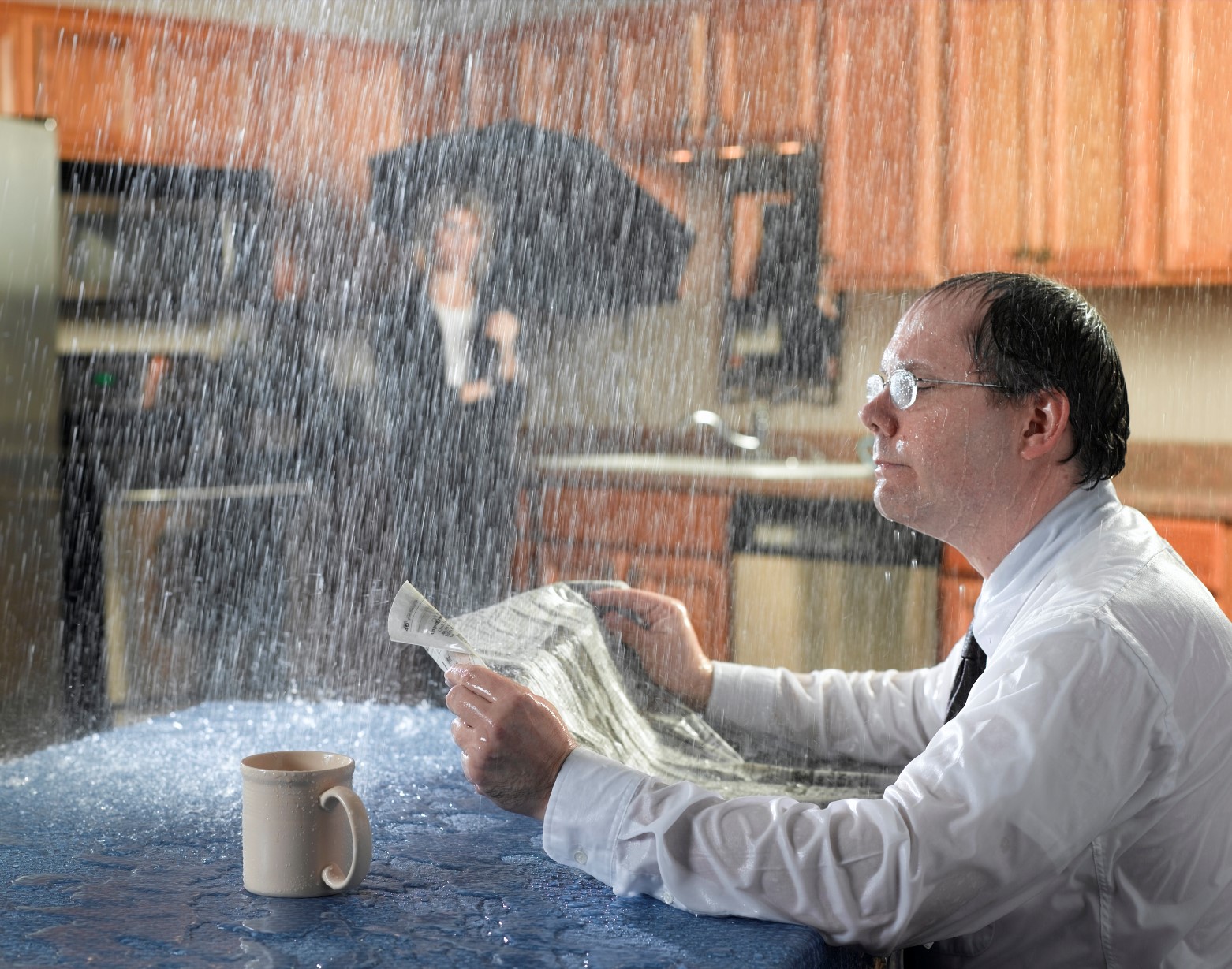Top Six Reasons Why Water Leaks Occur in Homes: What You Need to Know
Top Six Reasons Why Water Leaks Occur in Homes: What You Need to Know
Blog Article
This article in the next paragraphs about How Fast Water Damage Can Ruin Your Home is fairly insightful. Don't overlook it.

Leaks not only create waste of water yet can also create unneeded damages to your residence and also advertise undesirable natural growth. Water leaks may go undetected given that most of the pipework in our home is hidden. By understanding and also looking for day-to-day scenarios that trigger leakages, you can secure your home from future leakages as well as unnecessary damage. Today, we will take a look at six leak causes that might be triggering your pipes to drip.
Instant temperature level modifications.
Severe temperature modifications in our pipelines can create them to broaden and also contract suddenly. This development and contraction might trigger cracks in the pipelines, especially if the temperature are listed below cold.
Corroded water systems
This might be the cause of staining or bending on your water pipelines. If our plumbing system is old, take into consideration replacing the pipelines since they are at a higher risk of rust than the more recent versions.
Malfunctioning Pipe Joints
The point at which your pipelines link is often the weakest web link in the waterline. Pipeline joints can degrade gradually, causing water leakages. The bulk of pipeline joints are not conveniently noticeable. If you have noisy pipelines that make ticking or banging sounds, specifically when the warm water is turned on, your pipe joints are probably under a great deal of pressure. It is recommended to have your plumber examine your system annually.
Trespassing roots
Many water leakages start outside your home rather than inside it. If you discover a sudden decrease in water stress, claim in your tap, take time to go out and analyze your backyard. You may discover wet patches or sinkholes in your yard, and that might indicate that tree roots are invading water lines creating water to seep out. You can have your plumber look for intrusion, specifically if you have trees or hedges near your residential property.
Poor Water Connectors
At times, a leakage can be triggered by loosened pipes and also pipelines that provide your appliances. In instance of a water connections leakage, you may observe water running straight from the supply line or puddles around your home appliances.
Clogged Drains
Blocked drains pipes might be annoying as well as inconveniencing, yet they can in some cases end up triggering an overflow leading to rupture pipelines. Keep eliminating any kind of materials that might decrease your drains pipes that can clog them to prevent such aggravations.
All the above are reasons for leaks however not all water leakages arise from plumbing leakages; some leaks might originate from roof covering leaks. All leakages should be repaired instantly to prevent water damages.
Leakages not just cause waste of water yet can additionally cause unnecessary damage to your house and also advertise undesirable organic development. By looking and recognizing for daily scenarios that cause leaks, you can safeguard your house from future leakages as well as unneeded damages. Today, we will certainly look at six leak causes that may be causing your pipes to leak.
At times, a leak can be triggered by loosened tubes and also pipelines that provide your devices. In instance of a water links leakage, you might notice water running directly from the supply line or puddles around your appliances.
How To Check For Water Leak In Your Home
How To Check for Leaks
The average household's leaks can account for nearly 10,000 gallons of water wasted every year and ten percent of homes have leaks that waste 90 gallons or more per day. Common types of leaks found in the home are worn toilet flappers, dripping faucets, and other leaking valves. These types of leaks are often easy to fix, requiring only a few tools and hardware that can pay for themselves in water savings. Fixing easily corrected household water leaks can save homeowners about 10 percent on their water bills.
To check for leaks in your home, you first need to determine whether you're wasting water and then identify the source of the leak. Here are some tips for finding leaks:
Take a look at your water usage during a colder month, such as January or February. If a family of four exceeds 12,000 gallons per month, there are serious leaks.
Check your water meter before and after a two-hour period when no water is being used. If the meter changes at all, you probably have a leak.
Identify toilet leaks by placing a drop of food coloring in the toilet tank. If any color shows up in the bowl after 10 minutes, you have a leak. (Be sure to flush immediately after the experiment to avoid staining the tank.)
Examine faucet gaskets and pipe fittings for any water on the outside of the pipe to check for surface leaks.
Undetected water leaks can happen without the home or business owner even realizing. If you suspect a water leak, but not able to find the source. It is time to contact a professional water leak detection service, The Leak Doctor.
How To Find a Water Leak In Your Home
https://www.leakdoctor.com/blog/How-To-Check-For-Water-Leak-In-Your-Home_AE197.html

As an avid person who reads about How to Find Water Leaks, I assumed sharing that piece of content was smart. Please take the time to distribute this content if you appreciated it. Thank you for your time invested reading it.
Give Me A Quote! Report this page